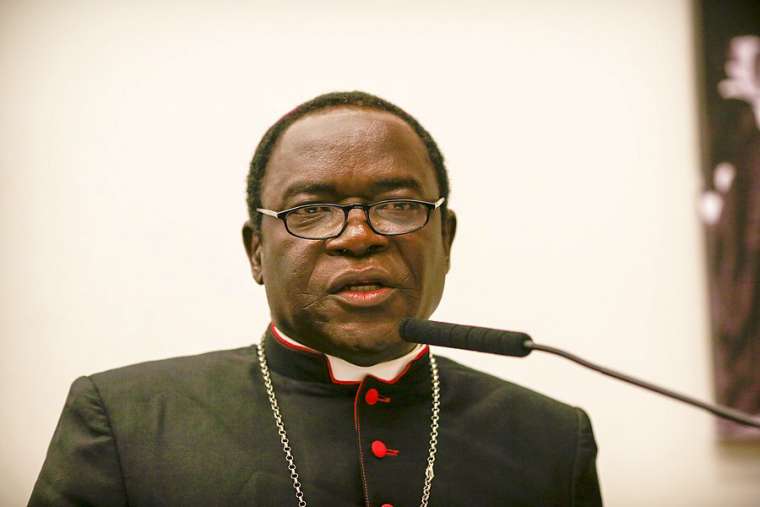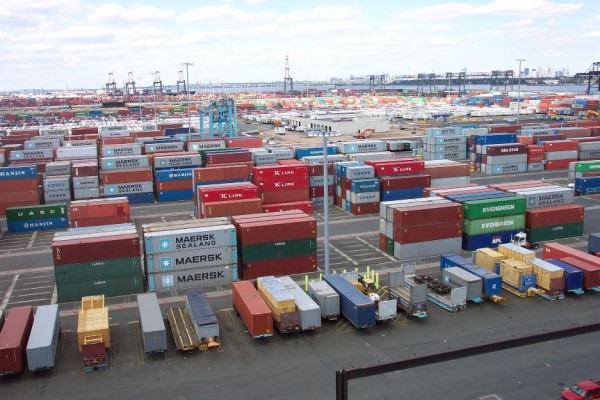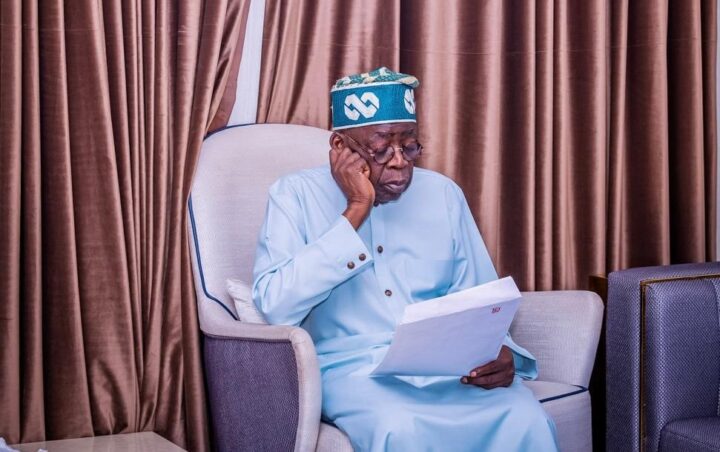On July 24, 2022, the BBC (British Broadcast Corporation) News Africa, through its BBC Africa Eye, premiered The Bandit Warlords of Zamfara, a 50-minute documentary film on insecurity in Zamfara State, North-West Nigeria. Earlier, on March 5, 2022, the Daily Trust Newspapers, through its Trust TV, had released their own documentary Nigeria’s Banditry: The Inside Story. However, it wasn’t until the BBC Africa Eye documentary that the Nigerian federal government through the minister of information, Alhaji Lai Mohammed, chose to react. On July 28, 2022, days after the release of the BBC documentary, the minister threatened sanctions against the BBC and Daily Trust saying: “Let me assure you, they will not get away with this naked glorification of terrorism and banditry in Nigeria.”
He went on further: “I have said it many times here that the media is the oxygen that the terrorists and bandits need to breathe. When other reputable platforms like BBC now give their platform to terrorists, showing their faces as if they are Nollywood stars, what does that mean? I want to assure them they won’t get away with it. There are sanctions to be meted on both the BBC and the Daily Trust.”
These comments and threats of sanctions would be laughable if the issue wasn’t about life and death.
I’ll attempt to unpack the minister’s statement. How is it that it’s the media, and not government’s incompetence is what bandits need to breathe? Is it the media that has turned these businessmen-bandits into millionaires? Is it the media that’s helping these bandits to control large territories, and even collect taxes? These bandits who I prefer to call terrorists are being mollycoddled. Regardless of their grievances, the moment non-state actors become governments unto themselves, all bets ought to be off. Yet, instead of acting on the free information contained in the documentaries (this is assuming that the government really doesn’t know where to find these so-called bandits), the Buhari government is threatening to deal with media houses and journalists doing their job: “I want to assure them they won’t get away with it. There are sanctions to be meted on both the BBC and the Daily Trust.”
Advertisement
Meanwhile, nowhere does it show Lai Mohammed threatening the deadly terrorists who’re holding the entire country hostage. You would think that a government that cares, or even pretends to care, about its people would have used the opportunity of the documentary to reassure Nigerians about its commitment to ending banditry. Is this the security the ruling party All Progressives Congress, APC, and its leader General Buhari promised in 2015? Most people had thought that having a retired army general as president and commander-in-chief of the armed forces would make Nigeria the most secure country in Africa. Alas!
Now, let’s talk about the documentaries, with special focus on the BBC Africa Eye documentary Nigeria’s Banditry: The Inside Story. I made several attempts before managing to see it. It was difficult to watch fellow human beings being murdered with callous abandon, not to mention the fact that the living are even more helpless and hopeless. Meanwhile, one thing you don’t get from Lai Mohammed’s threats of sanctions is that the person behind the documentary, also the narrator, said that 5 of his extended family were among those schoolgirls abducted in Jangebe.
On February 26, 2021, over 300 schoolgirls were abducted in the dead of the night in Jangebe, Zamfara State by armed bandits. Some of the girls escaped leaving 279 in custody till their release on March 2, 2021. In the documentary, we hear that most of the Jangebe girls are now married but a few are holding out, hoping to return to school which remains closed. One of them wished she hadn’t been born a female. And there’s the man whose daughter was kidnapped and, on her release, his son who came to welcome his sister was killed by a Nigerian soldier.
Advertisement
Parents of the abducted girls who’d wanted to return home before dark as the roads are unsafe at night, were angry that politicians kept them waiting while making speeches and generally milking the occasion. Tempers flared and in the ensuing confusion, some people began to throw stones and soldiers started to shoot…In the end, one father’s joy turned sour. Could anyone make this stuff up?
Also, it’s not true that the BBC documentary was glorifying banditry or terrorism. Because the documentary talked to the two sides in the conflict, both Hausa and Fulani, it helped to expose the fact that the government may not be a non-beneficiary of the insecurity. Not that this is an earth-shattering revelation. One of the bandits involved in the Jangebe mass abduction of schoolgirls when asked why he thinks insecurity has increased especially in Northern Nigeria simply replied that it’s because banditry has become a business: “They say when there’s insecurity, the government gets money. Everyone is benefitting. We also get money.”
One can now see how the Buhari government may be more worried about statements like the above, much more than their claims of banditry being glorified. In any case, here are some statements from the documentaries: ‘Kidnapping has become big business.’ ‘Western education has been successfully disrupted.’ Where is the lie? Even in Abuja, the federal capital territory, government ordered federal government colleges in Abuja to be closed on July 25, 2022. Two days later, it expanded that order to include all private and public in Abuja to be shut because of threats of impending terrorist attacks on the nation’s capital. “Bandits have better arms than the Nigerian armed forces.’ “Nigeria’s military contend they’re winning the war on banditry. Each year, they spend hundreds of millions in special operations. Each year, bandit attacks increase.”
In 2021, “Zamfara State had the greatest number loss of civilian lives from insecurity in the whole of Nigeria,” despite there being conflicts in other parts of Nigeria. ‘There have been 5 more mass kidnappings since Jangebe.’ Finally, in June 2022, ‘the Zamfara State advised its citizens to carry licensed firearms against bandit attacks.’ Why didn’t Lai Mohammed threaten Governor Bello Matawalle for asking his citizens to arm themselves?
Advertisement
In all this, a man in the documentary, Hassan Dantawayi, had surrendered his arms. However, by the end of the film, he had to take up arms again to protect himself and his family because there’s no help from anywhere. One of the men earlier identified as one of the Jangebe abductors said they were paid 60 million naira as ransom which they used to buy more rifles, but the Gov. Matawalle insisted no money was paid. By the way, this is not the first time the BBC Africa Eye would be focusing on insecurity in Nigeria.
In July 2019, it produced the documentary: Inside Nigeria’s Kidnap Crisis, to look at the kidnapping in Nigeria. Incidentally, former super cop, and suspended deputy superintendent of police, DCP Abba Kyari was the face of that documentary.
I don’t recall the federal government, or anyone else, attempting to sanction the BBC then. Kyari who has been suspended on drug and fraud allegations is currently in detention, waiting to fight his extradition to the US.
I think with the level of insecurity in Nigeria now, which everyone feels, there’s no point in the federal government pretending that it’s the media’s fault. Lai Mohammed and his boss appear to leave their house that’s on fire to chase the rats that have run away-or so the saying goes.
Advertisement
Add a comment







